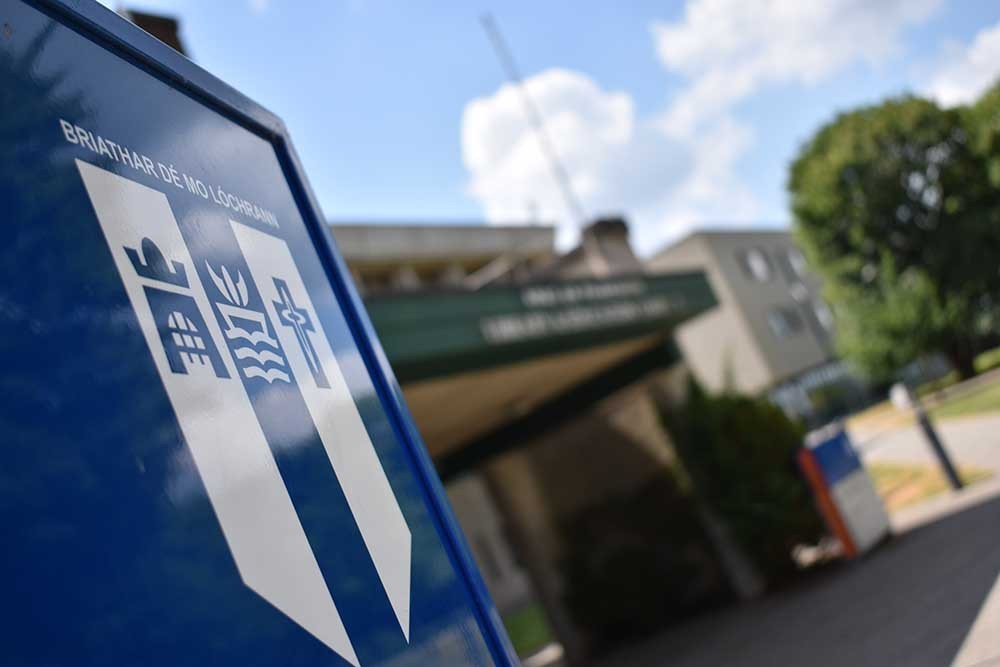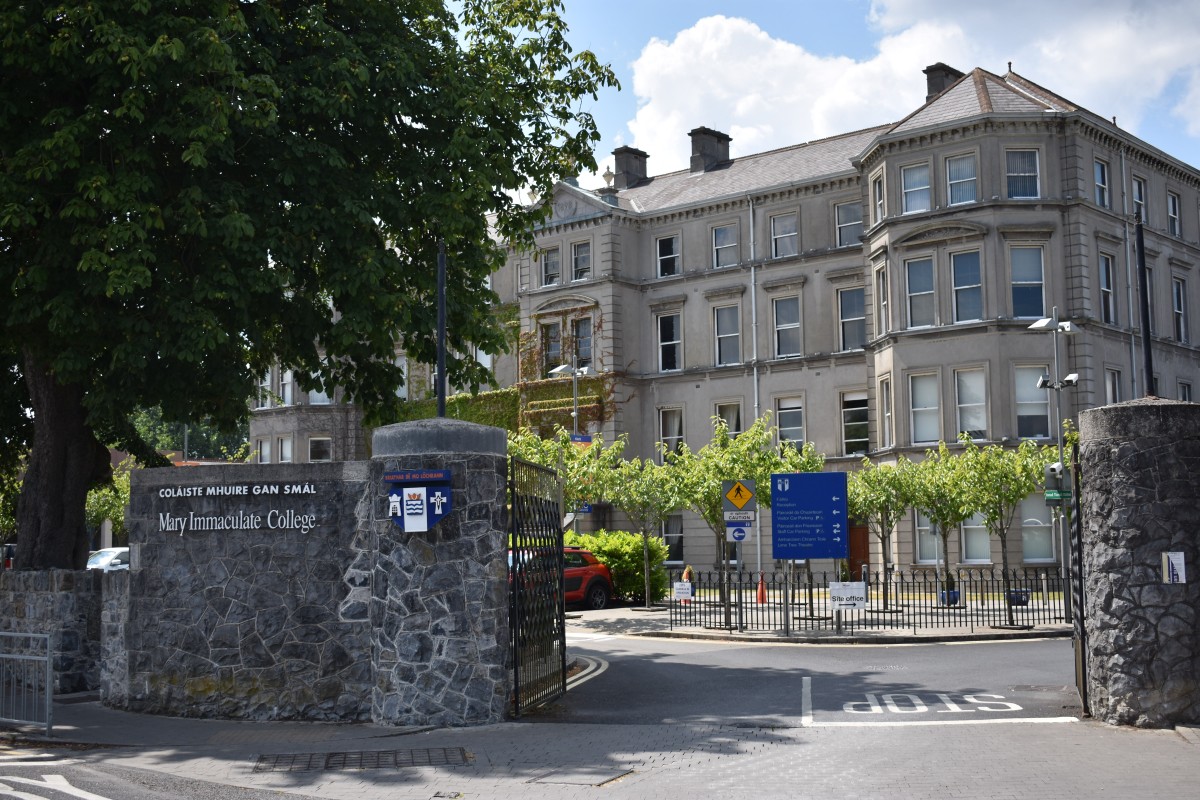Mary Immaculate College’s (MIC) Faculty of Arts is delighted to announce the launch of two new leading undergraduate degrees.
The BA in English Language and Literature (MI009), the only programme of its kind currently offered in Ireland, and the BA in Drama and English (MI010), the only programme of its type offered in Munster, are both four-year, full-time, honours degree (Level 8) programmes. These innovative degrees are an exciting addition to MIC’s Faculty of Arts provision, which includes an established Bachelor of Arts (MI002) and a Bachelor of Science in Psychology (MI003).
The BA in English Language and Literature is for those who are fascinated by both spoken and written language, who are aware of the power of language and want to know more about the role language plays in our lives. Programme content is situated in a real-world environment and explores real-world issues through the lens of language and literature. A specifically designed range of bespoke modules, delivered by a team of internationally respected researchers, will provide access to innovative research and open up different text types, and their interpretation, to students.
According to Professor Eugene O’Brien, Head of MIC’s Department of English Language and Literature: “The BA in English Language and Literature aims to foster critically aware and digitally-skilled graduates who are highly adept at creating and interpreting texts and content. The programme will enhance literary and professional knowledge of English by focusing on the core features of language and linguistics, as well as the core literary texts, genres and theories.
“Graduates will have expertise spanning the language system (vocabulary, grammar, phonology and discourse), digital analysis and content creation tools, as well as a thorough understanding of English literature across a range of eras, literary and cultural theories and genres.”
First year foundation modules in language, literature and the intersection of the two fields will give students a thorough introduction to the area while a range of specialist modules in both language and literature in subsequent years of the programme will provide the tools to analyse a range of texts from poetry to sports news, from the works of Shakespeare to a visit to the hairdressers. Specialist modules include Language as Discourse, the 20th Century Novel, Irish poetry and Prose, Forensic Linguistics and Romantic Literature.
Dr Brian Clancy, BA in English Language and Literature Programme Coordinator adds: “We’re very excited to launch this BA in English Language and Literature, the first programme of its kind in the country. Our students will explore language in all its forms from the many different perspectives offered by both linguistics and literature. The aim of this bespoke degree is to create experts in text creation and analysis through an open, creative and critical approach to teaching and assessment.
“Given the global prominence of the English language, there is a strong demand for graduates with cultural and critical expertise, who are highly adept at producing and interpreting texts and who have a high level of digital skills. Graduates of this programme will therefore be equipped to pursue careers in sectors as diverse as communications, publishing, digital content creation and design, IT and teaching.”
For those with a passion for the page and the stage, MIC’s new and exciting BA in Drama and English (MI010) is a must. The programme, with no comparable programme offerings in Munster, offers a unique combination of Drama/Theatre practice and research with significant grounding in English Literature. By combining a focus on practical modules in acting and theatre production with academic research on great literature, students will gain a unique and exciting degree that will develop critical thinking, problem-solving, and excellent writing and communication skills.
According to the programme’s co-designer, Dr Deirdre Flynn: “This degree offers a great opportunity for students who love theatre and literature to combine their passions in an innovative and exciting new joint honours Bachelor of Arts (BA). Our students will engage with a wide variety of texts, including plays, fiction, graphic novels, film, and poetry and will learn how stories are brought from the page to the stage and screen.
“They will help create works for the stage themselves through their involvement in practical theatre-making modules related to acting, directing, playwriting, design, and stage technology/operation. At all times, students will ground their analysis in critical and cultural theory, including contemporary theories of performance.”

The bespoke nature of the BA in Drama and English means students can design their own pathway through a variety of specialist electives on everything from practice-based, skill-development modules in theatre-making, writing, and research to the study of literary and dramatic texts across the ages.
The year three off-campus programme offers exciting opportunities to study abroad or take practical work placements in theatre companies, schools, or industry. In year four there is an exciting opportunity for all students on the programme to take part in a full, professional-style production, to be mounted in either the on-campus Lime Tree Theatre or the Belltable theatre, located in the heart of Limerick City.
Dr David Clare, Programme Director adds: “Our team of highly recognised lecturers and researchers are excited to work with students and see them develop into engaged and creative graduates. Through participation in both small and large group classes, with innovative and flexible assessments, students will gain creative thinking and real-world transferrable skills making them highly employable in not just the theatre and creative industries or in academia, but also in community arts, and social work.
“The addition of Drama and Theatre Studies, along with Film Studies, as new subject offerings on the Leaving Certificate programme also means that graduates of the BA in Drama and English will be ideally situated to take up roles in post-primary teaching upon qualification with the relevant Professional Masters in Education.”
Learn more at www.mic.ie/CAO
